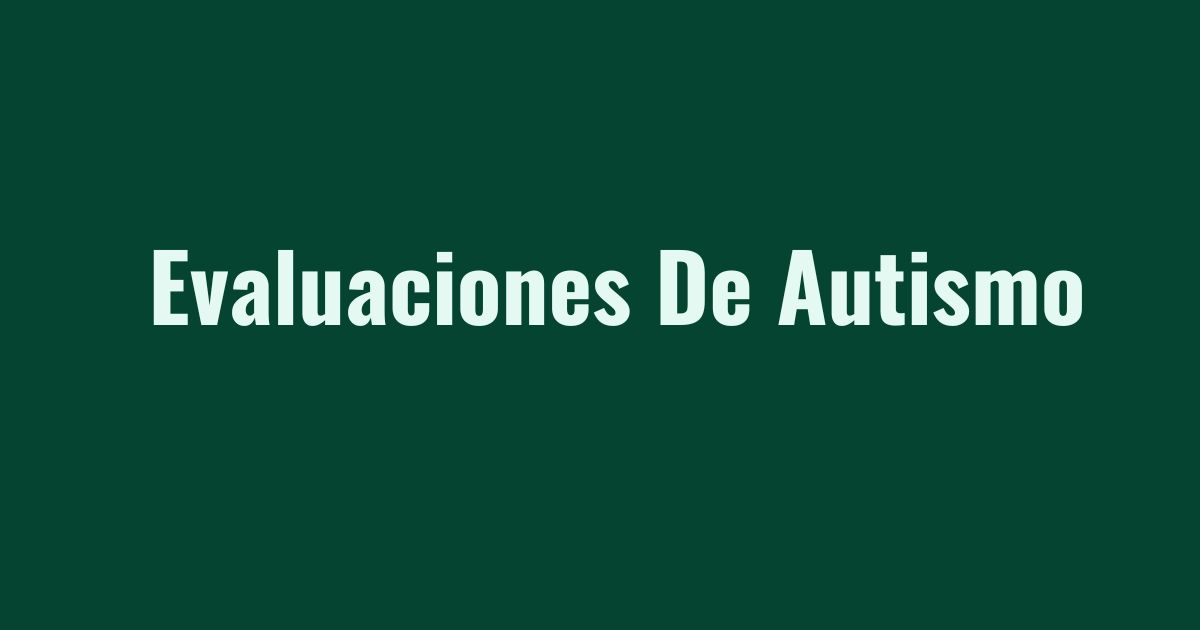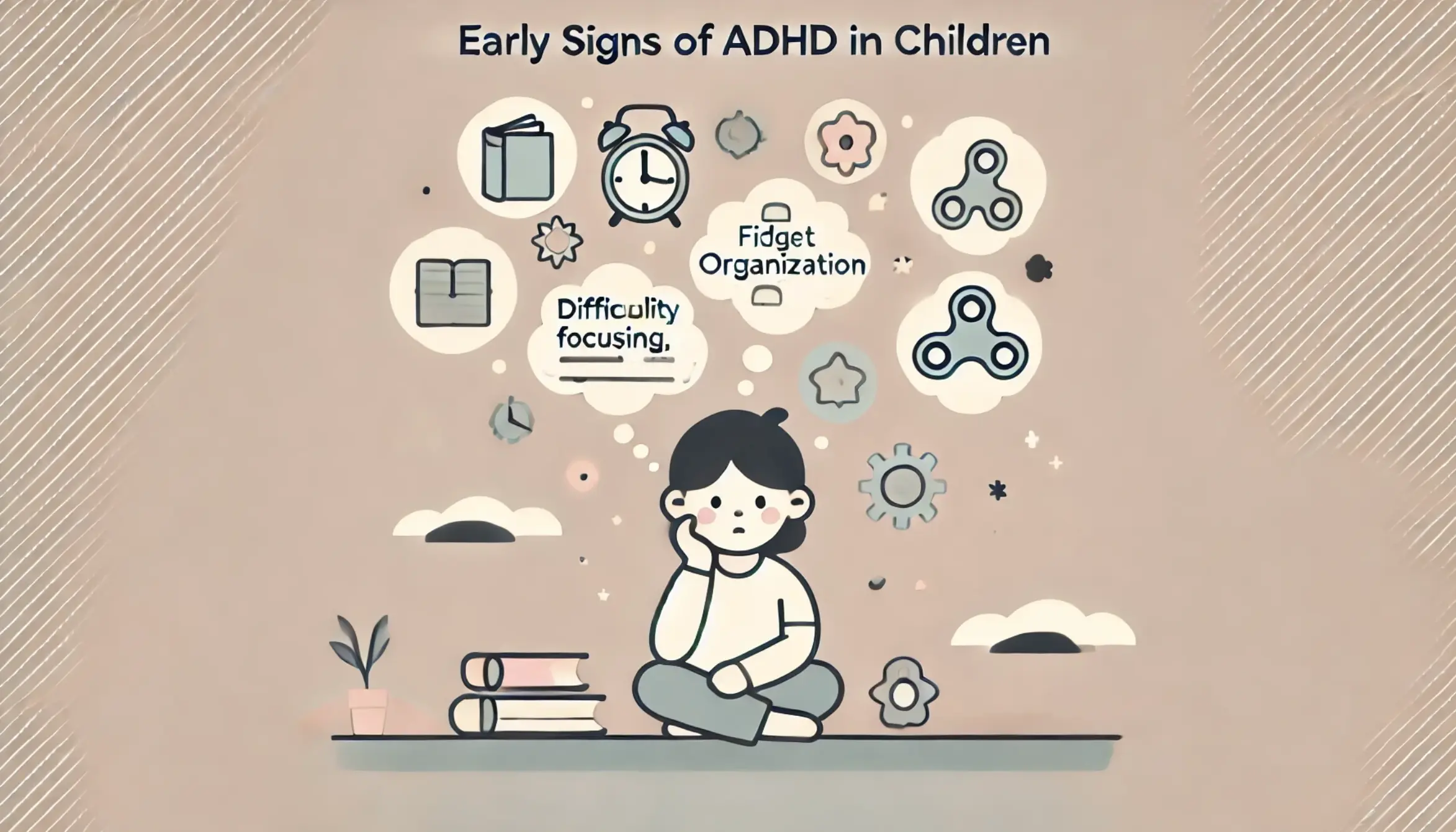The assessment and evaluation process is a crucial process to understand the unique needs of people who may be on the autism spectrum (ASD). However, Spanish-speaking families may have hindered access to these evaluations due to various factors. The linguistic and cultural diversity of Spanish-speaking families often poses challenges while in search of autism evaluation services. Effective communication between healthcare professionals and families is essential for accurate and comprehensive assessment.
Language barriers can hinder the expression of concerns and the understanding of evaluation results. Additionally, the lack of culturally sensitive resources may influence the willingness of families to seek autism evaluations.
This article will explore the complexities Spanish-speaking families face in their search for Spanish-speaking autism evaluators, emphasizing the importance of addressing linguistic and cultural barriers to ensure that all people, regardless of their background, have equitable access to evaluations that enable them to receive the necessary support to thrive.
Cultural and Linguistic Considerations in the Assessment of Autism

Language and culture play fundamental roles in autism testing, significantly influencing the accuracy and effectiveness of evaluations. In the diverse landscape of Autism Spectrum Disorder (ASD), individuals from various linguistic and cultural backgrounds may express symptoms differently, affecting the identification and understanding of these manifestations.
The linguistic aspect is particularly critical, as individuals with limited language skills or those who communicate in non-traditional ways pose unique challenges in evaluation. Assessors must navigate any language barriers to ensure a comprehensive understanding of an individual’s communication skills and potential barriers.
Cultural factors also shape perceptions of autism and influence how families approach testing. Cultural norms can impact the willingness to seek evaluations, interpret behaviors, and adopt intervention strategies. Professionals must recognize and integrate cultural considerations into the evaluation process to provide culturally sensitive and relevant support.
Addressing language and cultural dimensions in autism testing is not just about linguistic translation but involves a deeper understanding of cultural nuances, communication styles, and family beliefs. By embracing these factors, professionals can promote a more inclusive and accurate approach to autism evaluation, ultimately improving the overall quality of care for individuals from diverse linguistic and cultural backgrounds.
Addressing Diagnosis Challenges of Autism in Spanish-Speaking Communities
The diagnosis of autism can encounter significant barriers for Spanish speakers, affecting early identification and timely intervention. One of the fundamental challenges lies in linguistic differences that can influence the expression of autistic symptoms. The lack of resources and professionals’ understanding of these cultural and linguistic subtleties can lead to misunderstandings or delayed diagnoses.
Economic and geographical barriers also play a crucial role, as Spanish-speaking communities, especially in rural areas, may have limited access to specialized autism evaluation in Spanish services. This lack of resources hinders early detection and access to crucial interventions.
Additionally, cultural stigmas persist, affecting the willingness of families to seek autism evaluations. Lack of awareness and education about the disorder in Spanish-speaking communities sometimes contributes to resistance to diagnoses and treatments.
Addressing these barriers involves:
- Improving the training of healthcare professionals to understand cultural and linguistic particularities.
- Increasing economic and geographical accessibility to evaluation services.
- Fostering awareness and acceptance in Spanish-speaking communities.
By doing so, progress can be made towards earlier and more accurate diagnoses, providing Spanish-speaking families with the necessary tools to support their loved ones with autism.
Enhancing Communication with Spanish-Speaking Families

Effective communication with Spanish-speaking families is essential for quality care and adequate support. Understanding the nuances of language and culture is fundamental in a multicultural and linguistic context.
Firstly, it is vital to have healthcare professionals who speak Spanish or have access to interpretation services. This access ensures that families feel comfortable expressing their concerns and understanding medical information accurately. Fostering an inclusive environment that values and respects cultural diversity is essential. The provider should recognize differences in perceptions of health and treatment and adapt to the communication approach to meet the specific needs of each family.
Using educational materials and resources for ASD evaluation in Spanish is also fundamental. Providing clear and understandable information about autism, available treatments, and community resources in the families’ native language contributes to informed decision-making.
Empathy and cultural sensitivity are vital segments of effective communication. Actively listening, validating the experiences of families, and showing respect for their cultural values strengthen the relationship between healthcare professionals and Spanish-speaking families, facilitating an open and collaborative dialogue for the benefit of the well-being of children with autism.
Spanish-Language Autism Assessment Services: Bridging Gaps in Diagnosis and Support

Autism evaluation services in Spanish are essential for providing accurate diagnosis and early support to everyone on the autism spectrum (ASD). These services must address Spanish-speaking families’ linguistic and cultural nuances, ensuring an inclusive and comprehensive approach.
It is crucial to have a trained ASD evaluator in Spanish and understand the cultural subtleties that can affect the expression of autistic symptoms. The availability of interpretation services also plays a vital role in overcoming language barriers and ensuring effective communication with families.
Geographical and economic accessibility to evaluation services is another crucial aspect. Ensuring that Spanish-speaking communities, regardless of location, have access to specialized assessments contributes to early detection and timely implementation of interventions.
Informative and educational materials about autism should be available in Spanish to provide families with clear and understandable resources. Awareness of the importance of early evaluation and the elimination of cultural stigmas surrounding ASD are vitally important objectives to ensure the active participation of families in the evaluation and treatment process.
In summary, autism evaluation services in Spanish must be comprehensive, culturally sensitive, and accessible to ensure that all Spanish-speaking families have the necessary tools to understand and address the needs of their children on the autism spectrum.
To Conclude
Effective autism evaluation services in Spanish are crucial for providing accurate diagnoses and early support to Spanish-speaking children on the autism spectrum. Tailoring services to address Spanish-speaking families’ linguistic and cultural nuances, ensuring inclusivity and understanding are vital.
Trained professionals proficient in Spanish and culturally sensitive interpretation services are essential to overcoming language barriers and facilitating effective communication with families. Geographic and economic accessibility to evaluation services is vital. Spanish-speaking communities need access to specialized assessments for early detection and timely interventions regardless of location or language barrier. The availability of informative and educational materials in Spanish further enhances the clarity of resources for families.
This initiative seeks to raise awareness about the significance of early assessment and eliminate cultural stigmas surrounding autism, fostering active participation of Spanish-speaking families in the evaluation process.
Ultimately, Ability Psychological Services strives to enhance the support network for these families, promoting a more inclusive approach to autism evaluation services in Spanish. Contact us today!





